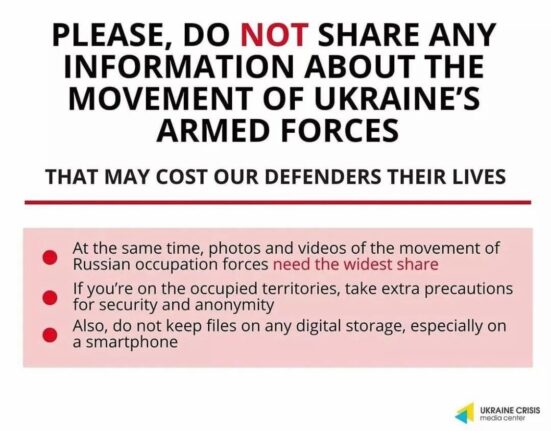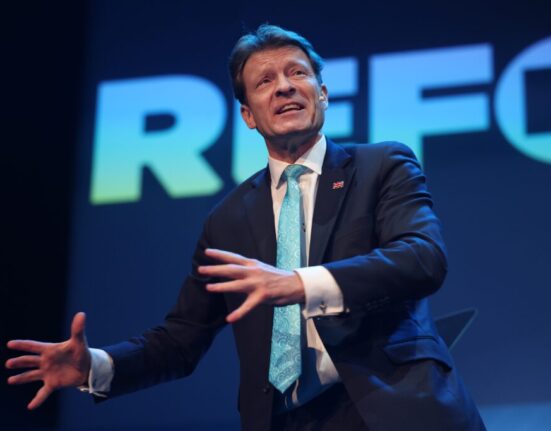The Federal Government’s recent call for commissioners of information in APC-controlled states to step up efforts in conveying the accomplishments of President Bola Tinubu’s Renewed Hope Agenda at the sub-national level underscores the critical role of effective communication in governance. This directive signifies a strategic move to ensure that the administration’s achievements and vision resonate with citizens at the grassroots level, where policies directly impact lives and communities.
To understand the significance of this call to action, we must delve into the context surrounding the Renewed Hope Agenda and its implications for governance in Nigeria. President Tinubu’s agenda represents a comprehensive framework aimed at revitalizing key sectors and driving socio-economic development across the country. From infrastructure improvements to social welfare programs, the agenda encompasses a wide range of initiatives designed to uplift the nation and its people.
In light of this ambitious agenda, the emphasis on amplifying communication efforts at the grassroots level becomes imperative. Effective communication not only informs citizens about government programs and policies but also engages them in the decision-making process, fostering transparency and accountability. By empowering commissioners of information to convey the Renewed Hope Agenda’s impact on local communities, the government seeks to bridge the gap between policy formulation at the federal level and its implementation on the ground.
Communication is the lifeblood of governance, connecting leaders with the governed and shaping public perception of policy initiatives.
Expert analysis underscores the pivotal role of information dissemination in driving public awareness and participation. Dr. Aisha Abdullahi, a political scientist specializing in governance dynamics, highlights the transformative power of effective communication in mobilizing support for government initiatives. According to Dr. Abdullahi, “Engaging citizens through targeted communication strategies is key to building trust and garnering public endorsement for policy reforms.”
Moreover, the directive to amplify the Renewed Hope Agenda at the grassroots level reflects a broader trend towards decentralized governance and community-driven development. In recent years, there has been a growing recognition of the importance of local engagement in shaping national policies and priorities. By empowering states to communicate directly with their constituents, the government not only enhances transparency but also fosters a sense of ownership and belonging among citizens.
Localizing governance initiatives is essential for ensuring that policies are responsive to the diverse needs and realities of communities across Nigeria.
As commissioners of information in APC-controlled states gear up to intensify their communication efforts, the impact of this initiative extends beyond mere dissemination of information. It symbolizes a shift towards a more inclusive and participatory governance model, where citizens are not just passive recipients of policies but active partners in nation-building. By amplifying the Renewed Hope Agenda at the grassroots, the government not only showcases its achievements but also invites feedback, input, and collaboration from the very people it serves.
In conclusion, the Federal Government’s call to amplify the Renewed Hope Agenda at the grassroots level heralds a new era of citizen-centric governance and participatory democracy. By harnessing the power of effective communication and local engagement, the government is poised to strengthen its bond with the people and drive sustainable development that leaves no community behind. As we embark on this journey towards a more inclusive and responsive governance paradigm, let us remember that true progress is measured not just by grand initiatives but by the positive impact felt by every Nigerian, from the bustling cities to the remote villages.









Leave feedback about this